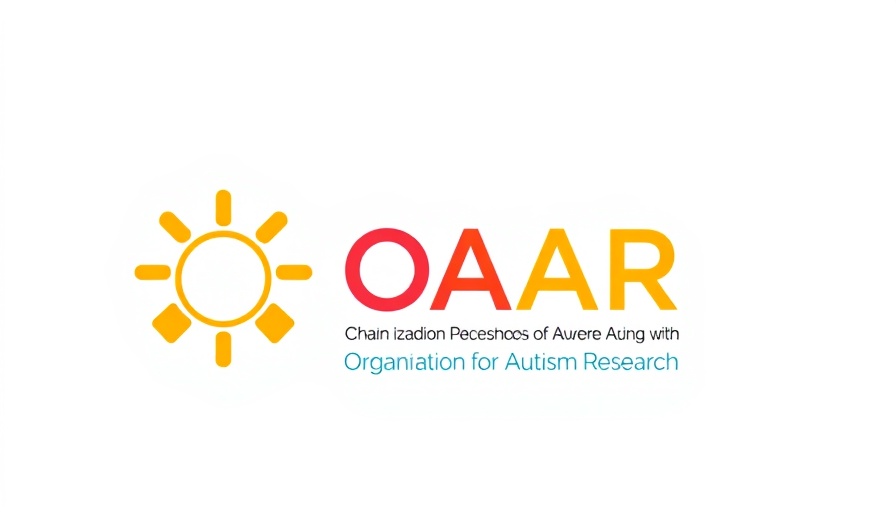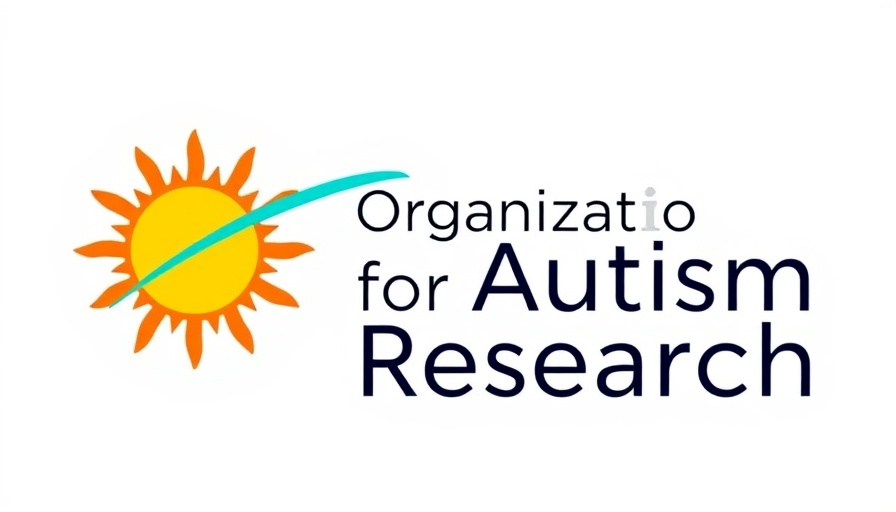
Fostering Structure in Your Autistic Child's Summer
Summer is often a time of unstructured fun, but for families with autistic children, it can pose unique challenges. Embracing a predictable daily flow is paramount. According to experts, children thrive when they have a routine that includes visual schedules. A simple chart with pictures to outline daily activities can help ease anxiety and provide a sense of security for your child. Breaking the day down into parts they recognize, such as meals and activities, allows them to understand what comes next, making transitions smoother.
Mindful Activities Tailored to Your Child
When planning summer activities, it’s essential to consider your child's preferences and energy levels. Over-packed calendars can lead to sensory overload. Instead, focus on a balance that includes both engaging outdoor moments and quiet, restful activities. Early-morning explorations in local parks or quieter nature walks allow children to experience the world at their own pace. If inside, sensory-friendly materials like crafting supplies can inspire creativity while catering to their needs. Simple crafts such as sock puppets or window painting can be tailored to engage your child without overwhelming them.
Intentional Use of Screen Time
In today’s digital age, screens have become integral to children’s activities, especially during the summer. They can serve as tools for learning and exploration when used thoughtfully. Consider scheduling virtual field trips—like zoo livestreams or museum tours—which can be both educational and comfortable for your child. Balance screen time with active breaks and sensory activities to ensure it enhances rather than detracts from their day-to-day experience. Using timers or visual cues can help manage their exposure effectively.
Supporting Emotional Regulation
Summer can bring about heightened emotions for many children, particularly for those on the autism spectrum. Recognizing signs of sensory overload, such as increased stimming or irritability, is crucial. By having calming tools at the ready—like noise-canceling headphones or soft weighted blankets—you can provide your child with resources to help cope. Moreover, acknowledging their feelings and validating their experiences fosters emotional intelligence and self-regulation.
Building Connections That Matter
Social interactions can be beneficial for autistic children, but they must be approached thoughtfully. These interactions don’t have to be large or frequent to be meaningful. Encouraging simple gestures, like saying hello to a neighbor or interacting with peers in a low-pressure setting, can be sufficient and greatly fulfilling. Summer is the perfect time to gently cultivate these skills in a relaxed environment.
Long-Term Benefits of Inclusive Summer Planning
Taking steps to plan an inclusive summer for your autistic child not only enriches their experience but builds vital life skills. By creating structure, allowing flexibility, and incorporating fun, your child develops coping mechanisms and effective communication strategies that will benefit them year-round. Inclusion nurtures a sense of belonging and self-worth, crucial for their development.
Prepare for Next Summer: Actionable Insights for Future Planning
As the current summer winds down, it’s wise to reflect on what worked and what didn’t in your inclusive plans. Keeping a journal of activities, child responses, and emotional fluctuations can offer valuable insights for next year. Using these notes, begin crafting a blueprint that integrates your child's likes, needs, and reactions to ensure the next summer is even more enjoyable and enriching.
In conclusion, summer can be filled with joy and connection for your autistic child with some thoughtful planning. By focusing on structure, tailored activities, and emotional support, families can create a nurturing environment where their children thrive. Embrace the beauty of summer, and remember that each moment offers a chance for growth and understanding.
 Add Row
Add Row 

 Add
Add 


Write A Comment